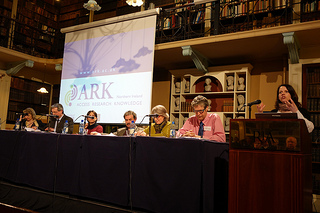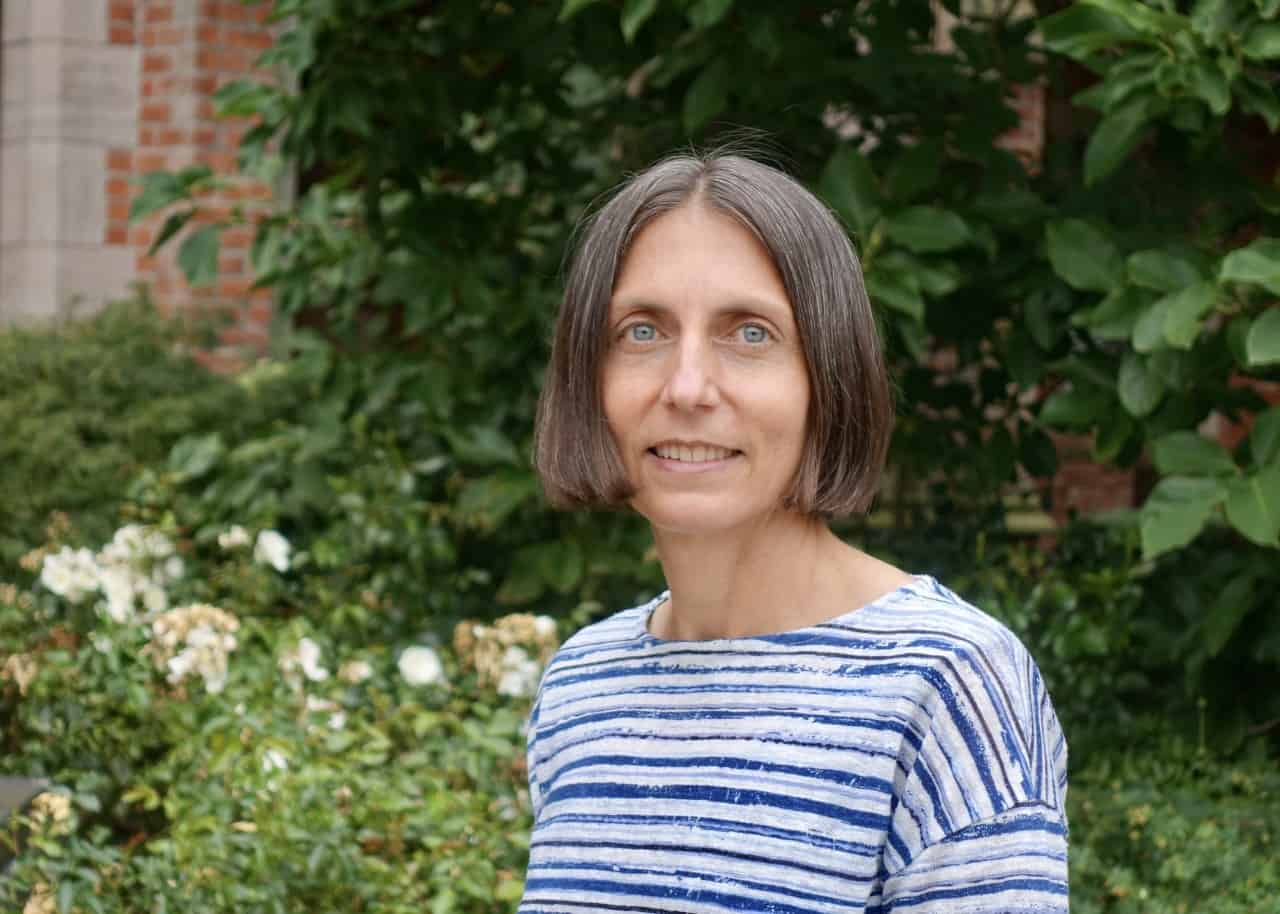 Last night the Institute for British Irish Studies at University College Dublin hosted a roundtable on ‘Community Relations in Northern Ireland after the Flags Protest,’ at the Royal Irish Academy in Dublin.
Last night the Institute for British Irish Studies at University College Dublin hosted a roundtable on ‘Community Relations in Northern Ireland after the Flags Protest,’ at the Royal Irish Academy in Dublin.
The discussion was focused around the findings of a report commissioned by the Office of the First Minister and Deputy First Minister, ‘The Long View of Community Relations in Northern Ireland: 1989-2012,’ written by Duncan Morrow, Gillian Robinson and Lizanne Dowds.
The report charts changes and trends in attitudes to equality issues and community relations based on the Northern Ireland Social Attitudes Survey (NISA) 1989-1996 and the Northern Ireland Life and Times Survey (NILT) 1998-2012. A summary ‘Research Update’ is available here, and the full report is available here.
Some of the key findings include:
- Perceptions and fears around community relations remain vulnerable to political and social turmoil
- Attitudes to mixing have softened since 1990 and have remained consistent. Attitudes do not of themselves enable change in behaviour and require a change in policy.
- Young people are particularly vulnerable to a rise in fear and antagonism.
- Perceptions of an improvement in community relations have been less marked in urban areas than in rural communities.
- Prejudice against ethnic minorities is extensive and runs at an unacceptably high level across Northern Ireland. Attitudes among Protestants in urban areas are particularly hostile.
- Questions of identity and constitutional preferences are partially malleable, with new and complex results.
- The driving force of separation is political, cultural and national rather than economic. However the fear generated by poor relations reinforces the suspicion of sharing.
In his presentation of the results, Morrow emphasised that the data show that over time, perceptions and expectations of community relations change when there is cooperation in politics (or not); or when violence or the threat of violence seems imminent. Most recently there has been a drop in optimism about community relations among both Catholics and Protestants since the 2012 flags protests, as well as a drop in people willing to identify as ‘Northern Irish’ (especially among those with a Catholic background).
Morrow also pointed out that people’s attitudes towards ‘mixing’ (in the workplace, education, schools, marriage) are relatively moderate, with a steady and incremental increase in preferences for mixing over time. However, these moderate attitudes do not translate into changed behaviours unless there are direct policy initiatives, as in the case of fair employment or integrated/shared education, to back them up.
For Morrow, that puts the ball firmly in the court of policy makers to ‘translate values into progress’ through policy initiatives around community relations and mechanisms to manage flashpoint or trigger events.
The roundtable discussants were Morrow and Robinson, Prof Jennifer Todd (Politics, UCD), Dr James Wilson (Garvagh), David Hoey (Sandelford) and me, in my capacity as lecturer at the Irish School of Ecumenics, TCD at Belfast.
Todd noted the mixed nature of the survey results, including the evidence of a ‘healing process’ in the slowly moderating attitudes towards mixing. But she added that from a historical perspective the results were not particularly reassuring, noting that volatility around events indicates that significant sections of the community are ‘disturbingly mobilisable and polarisable.’ She urged further research on the cultural processes whereby moderation reverses.
Wilson spoke from his recent experience of research around the flags protests in Garvagh, which has resulted in a report for the Community Relations Council (co-authored with Will Glendinning), ‘Flagging it Up.’ He said that there is a sense that ‘loyalist paramilitarism is now institutionalised’ in communities across Northern Ireland, and that the flags protests have mobilised a new generation of ‘cease fire soldiers.’ He also reported a sense that loyalists feel Sinn Féin is controlling the political process, and perceive ‘encroachment onto our territory.’
Hoey spoke from his experience in business and economics, and noted failures in public policy around a range of issues – not just those focused directly on community relations. He said that ‘Government is failing in the basic role of government,’ unable to make decisions that inspire confidence in health or education, while at the same time ‘abandoning working class areas’ to be dominated by people who exert their control using violence and intimidation.
You can read a version of my own remarks here. I spoke about what – in an apparent policy vacuum – civil society activists might do in an effort to move community relations forward. I drew examples from my own work with Christian peace activists, including the recent 4 Corners Festival. I suggested activists can make some progress through creative, intentional efforts to cross boundaries, and that given that the ‘past’ was the area that seemed to generate the most agreement at the Haass-O’Sullivan Talks, urging policy makers to implement policies on the past might be a productive place to start.
Press the play button below to view a slideshow of photos from the event:

Gladys is a Professor of Sociology at Queen’s University Belfast and a member of the Royal Irish Academy.
She is also a runner who has represented Ireland and Northern Ireland. She blogs on religion and politics at gladysganiel.com
Discover more from Slugger O'Toole
Subscribe to get the latest posts to your email.